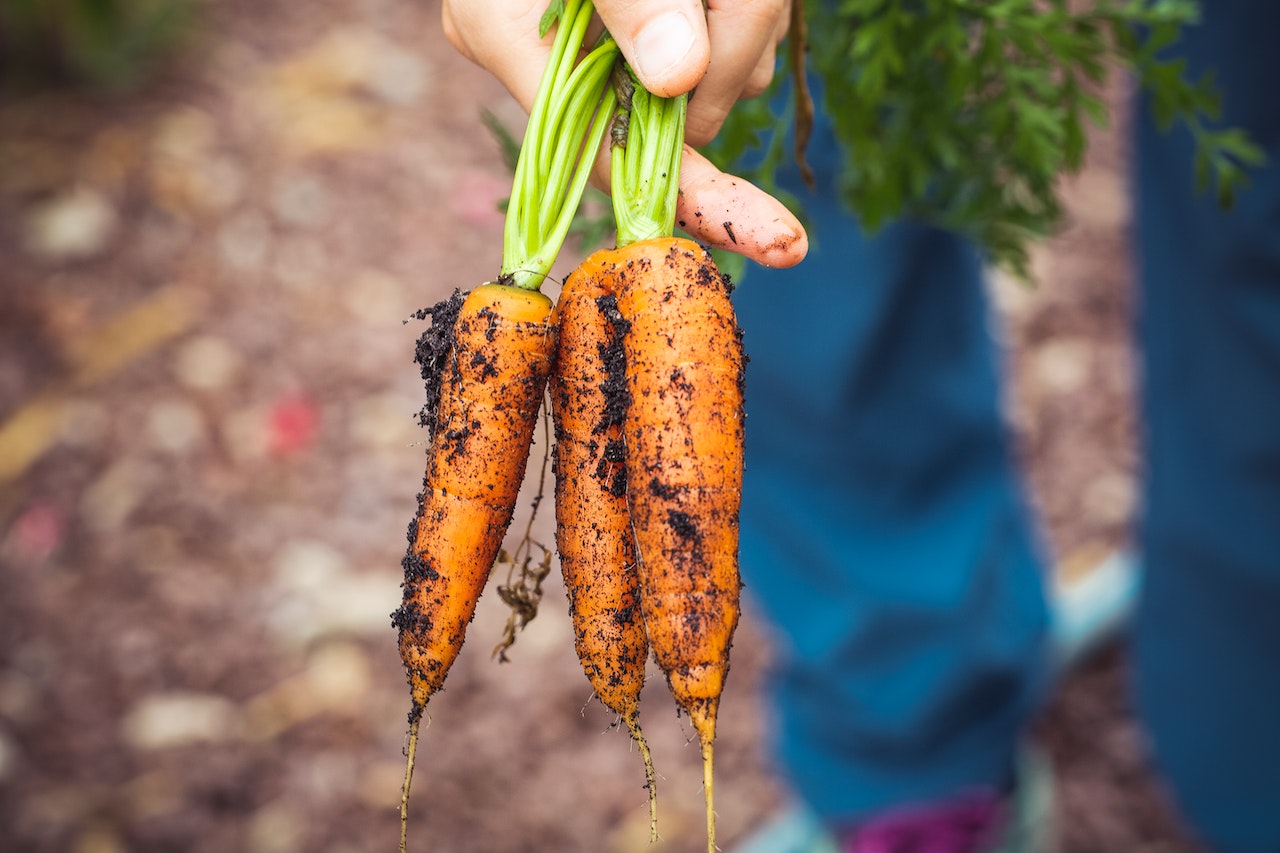I. Introduction
Organic gardening is not just a trend, it’s a lifestyle choice that has many benefits for both the environment and the health of your plants. By using natural methods and products, you can grow a bountiful and healthy garden without the use of harmful chemicals. One of the most important aspects of organic gardening is organic harvesting. This means using products that are not only safe for your plants but also for the environment and for you, the gardener. In this blog post, we will be discussing the best organic harvest products for a chemical-free garden. From pesticides to soil supplements, we’ve got you covered. By using these products, you can ensure that your garden is not only beautiful but also sustainable and healthy.
II. Pesticides
When it comes to organic harvesting, one of the most important things to consider is the use of pesticides. Chemical pesticides can be harmful to both your plants and the environment, and can even be dangerous for humans if ingested or inhaled. Organic pesticides, on the other hand, are made from natural ingredients and are safe for use in the garden. Some of the best options include neem oil, which is made from the seeds of the neem tree and is effective against a wide range of pests, and insecticidal soap, which is a mild solution made from soap and water that is effective against soft-bodied insects like aphids and spider mites. Another great option is using beneficial insects like ladybugs and lacewings to control pests in your garden. These options are safe and effective, without the negative impact that chemical pesticides can have on the environment and human health.
III. Soil Supplements
Another important aspect of organic harvesting is the use of soil supplements. These products can help to improve the health of your soil, which in turn will lead to healthier plants. Organic soil supplements include things like compost, which is made from decomposing organic matter and is rich in nutrients, and rock dust, which is made from crushed rocks and minerals and can help to add essential trace elements to your soil. Additionally, using organic fertilizers like bone meal and blood meal, which are made from animal byproducts, can provide a natural source of nutrients for your plants. Using these organic supplements instead of chemical fertilizers can improve the overall health and fertility of your soil, leading to healthier and more productive plants in the long run.
IV. Tools and Equipment
In addition to using organic products for your plants and soil, it’s also important to use non-toxic tools and equipment when gardening. This means avoiding products that are made with synthetic materials, such as plastic, and instead opting for tools and equipment that are made with natural materials like wood, metal, or bamboo. For example, using a hand cultivator made from bamboo instead of a plastic one, will make a difference in your garden and for the environment. Additionally, using natural and organic materials such as sheep wool or cotton instead of synthetic materials for your gardening gloves, can provide a comfortable and safe alternative for you while you work on your garden. By using non-toxic tools and equipment, you can ensure that you are not exposing yourself or the environment to harmful chemicals, and you can also support sustainable and eco-friendly products.
When it comes to organic harvesting, one of the key factors to consider is the use of organic seed. Using organic seed ensures that your plants will be free from genetically modified organisms (GMOs) and chemical treatments. Organic seeds are also more likely to be grown using sustainable farming practices, and are more likely to be grown in a way that supports the local ecosystem. Furthermore, organic seed is often more resistant to disease, pests, and harsh weather conditions. This is because organic seed is usually sourced from plants that have been naturally selected for their ability to thrive in a specific environment. Some of the best options for organic seed include heirloom seed varieties, which are open-pollinated and have been passed down for generations, and seed from seed companies that specialize in organic and non-GMO seed. By choosing organic seed, you can ensure that your garden is not only healthy and productive, but also sustainable and environmentally friendly.
V. Conclusion
In conclusion, organic harvesting is an essential aspect of gardening that can have many benefits for both the environment and the health of your plants. By using natural and organic products, such as pesticides, soil supplements, and tools and equipment, you can create a chemical-free garden that is not only beautiful but also sustainable and healthy. By choosing organic products over chemical ones, you can ensure that your garden is free from harmful toxins, and that you are not exposing yourself or the environment to unnecessary risks. Additionally, you will be supporting sustainable and eco-friendly products which is a responsible choice for both you and the environment. Remember, organic gardening is not just a trend, it’s a lifestyle choice that can make a significant impact on the way you grow your garden.

Leave a Reply